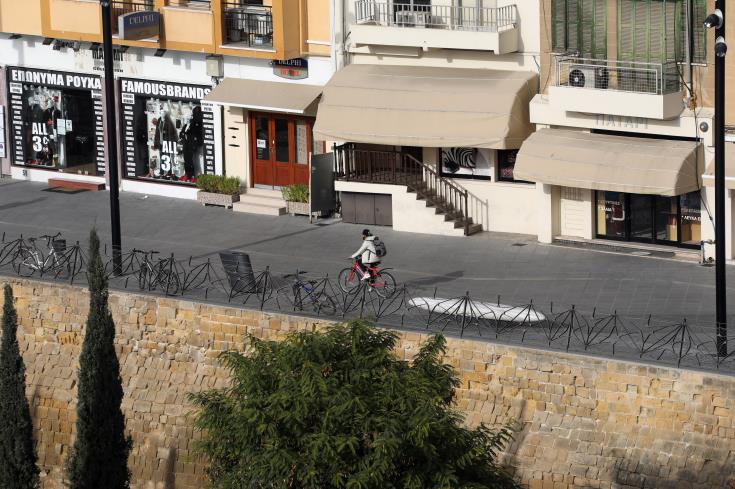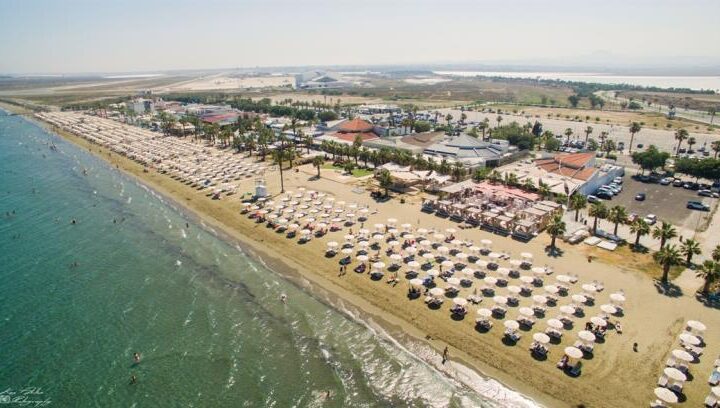In recent years residential rents have shown a noticeable increase, especially those in the town centres, with special regard to those close to universities and colleges.
Rents are determined in a free market by demand and supply, bearing in mind the investors’ demand regarding the returns (which is a percentage of the acquisition cost).
A major component determining rents is VAT, now at 19%.
For this reason, I have suggested reducing this level to 5% (new buildings) to match those units acquired for own living requirements.
Using VAT as a tool to hold rents steady, I believe the 5% VAT should apply to those units that are let for at least 10 years.
So, in a case of an apartment having cost €100,000, the final cost with the 5% VAT comes to €105,000, and 19% is €119,000.
So even if we adopt that, an investor will require a minimum return of 3% and using the 5% VAT, the monthly rent comes to about €263/p.m., whereas, with 19% VAT, it’s about €298/p.m.
So that the state does not lose out, I suggest this reduction to 5% VAT refer to properties that are let for a minimum of 10 years.
In the event of a subsequent sale of such units (within the 10 years), the owner-investor must pay the government the difference of 14% (19% minus 5%) retrospectively of the date of sale.
The owner has to declare yearly the rents, which should be double-checked with the income tax declaration.
In such a way, the government will not lose its VAT charge, but it will be postponed.
Another approach to reducing rents, especially for student lets, is the rent of the units by the universities, as Head Tenants, who will then sublet the units to students.
This way, the owners will be more secure regarding their rental income, for which we expect a discount of around 15%.
With the 5% VAT, the monthly rental will be reduced to €225/p.m.
This approach is not particularly liked by the educational institutions, which will have to bear added administration costs.
Still, on the other hand, they can offer cheaper accommodation to their students (similar approach in the UK).
Tenants of such a nature should not be protected by the Rent Control laws (adding to their attraction), whereas any difference that may exist between the institution and the students to be resolved in a summary form through an arbitrator appointed by the technical chamber ETEK.
The prevailing situation with the 19% VAT puts off investors for income, especially on a large scale.
In a recent example with our involvement as project managers for 52 apartments for students, the project was postponed because the required rents based on cost were non-competitive; the investor needed over €1.5 mln for the VAT alone.
This trend of increasing residential rents is expected to continue with the increased building costs. For this reason, I urge politicians and the government to look into this matter as a matter of urgency.
We seem to force the Cypriot people to buy a Mercedes car, whereas their financial ability is for a simple Japanese car!
An indication of our Cypriot attitude, but not related to the subject we refer to, was the use of a humble Fiat 500 by Pope Francis during his recent visit to Cyprus, our church hierarchy drive around in a Mercedes or BMW.
This situation of increasing housing rents is not a Cyprus phenomenon.
The shortage of affordable rents has brought up the creation of fake websites in the EU where home seekers pay a €20-50 p.m. fee to have the right to be informed by the sites (which do not provide anything of interest).
Brexit and the increase of business in other European countries has fueled housing demand causing shortages.
Student demand resulted in an added shortage (many international students studying in the UK moved to EU countries).
Based on European statistics, Holland has an average rental of €20/sq.m. (flats), London €30/sq.m., Paris €25/sq.m. and Rome €14/sq.m.
The ownership situation in European countries does not help.
Germany has 42% housing ownership, other countries 60% and Eastern Europe (including Greece and Cyprus 70%).
The result is that homeless have increased by 20%, whereas subsidised housing has a 7-10 years waiting period.
In Cyprus, the expected cost of rent in terms of total income is approximately 30%.
In contrast, landlords in Europe require evidence of a steady income, with the applicants’ income to be 3 to 5 times the rental cost.










